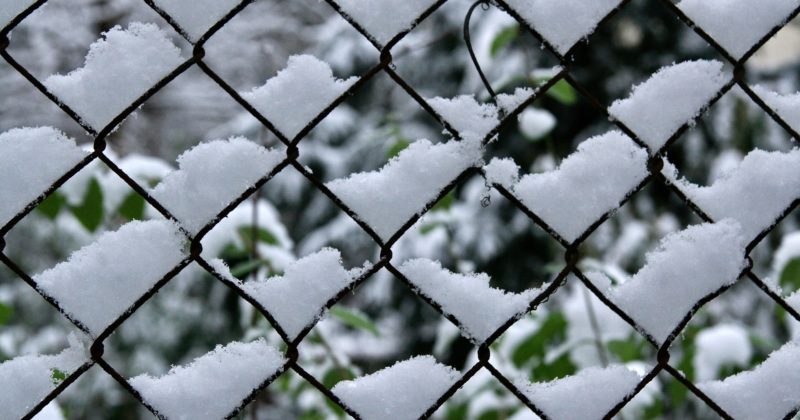
Snowflake account administration best practices
Although it is well documented, it shouldn’t hurt to review a few of the basic Snowflake account administration best practices, as I often see in practice that they are not followed consistently.
In my experience, there are so many IT administrators that are pressed for time that they don’t bother to create security roles and policies to be followed. To make it quick, they just use the ACCOUNTADMIN role on Snowflake (or an equivalent all powerful admin role on other systems) because it allows them to do anything and everything without having to think about security best practices.
Using an admin role for day-to-day tasks is a bad idea
Consider this true story. The administrator tries some functionality, and it works. The user (who doesn’t have admin privileges) tries, and it’s not working. The administrator doesn’t believe the user when they report that the functionality is not working, dismissing them as incompetent. This goes back and forth a few times, until someone gives...




